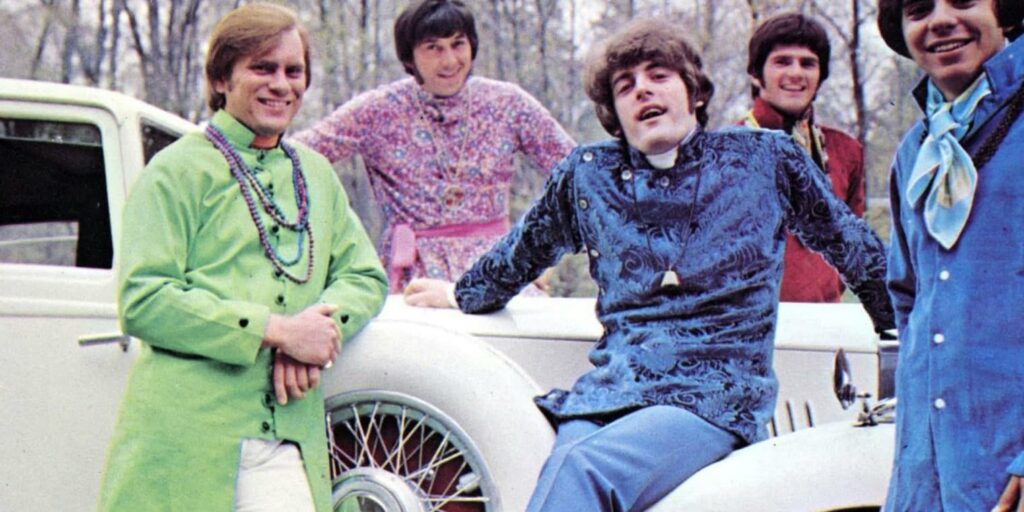
“Crystal Blue Persuasion” by Tommy James and the Shondells: A Psychedelic Anthem of Hope and Renewal
Released in 1969, “Crystal Blue Persuasion” by Tommy James and the Shondells became an iconic track of its era, embodying the spirit of the late ’60s with its mellow groove and uplifting message. Taken from their album “Crimson & Clover,” the song reached No. 2 on the Billboard Hot 100, solidifying its place as one of the band’s most enduring hits.
At its core, “Crystal Blue Persuasion” is a soulful and introspective piece that captures the transformative energy of the time. The title itself evokes a sense of clarity and spiritual awakening, which Tommy James later revealed was inspired by biblical themes and his own reflections on a world striving for peace and harmony. Lines like “Maybe tomorrow, when he looks down on every green field…” resonate with a universal longing for unity and hope. The song’s message of a brighter, more compassionate future struck a chord with listeners navigating the tumultuous social and political landscape of the 1960s.
Musically, the track is a masterclass in subtlety. Its arrangement features a gentle yet hypnotic blend of instruments, including shimmering guitars, a steady tambourine, and an understated organ. The relaxed tempo and warm vocal delivery by Tommy James add to its tranquil, almost meditative quality. This restrained approach set “Crystal Blue Persuasion” apart from the high-energy hits of the time, proving that less can indeed be more.
The production, led by James himself alongside Ritchie Cordell, ensured that every element of the song felt perfectly balanced. The shimmering quality of the instrumentation mirrored the song’s central theme of enlightenment, creating a sonic landscape that was as soothing as it was evocative.
Even over five decades later, “Crystal Blue Persuasion” remains a timeless classic. Its message of hope and transformation continues to inspire, while its soothing melody offers a nostalgic trip back to one of music’s most revolutionary decades. This is more than just a song—it’s a reminder of the enduring power of optimism and faith.